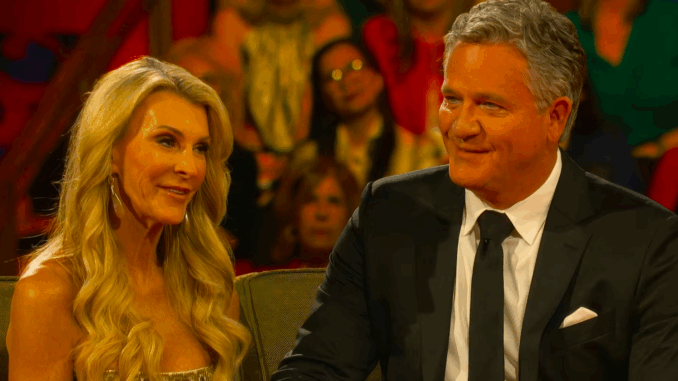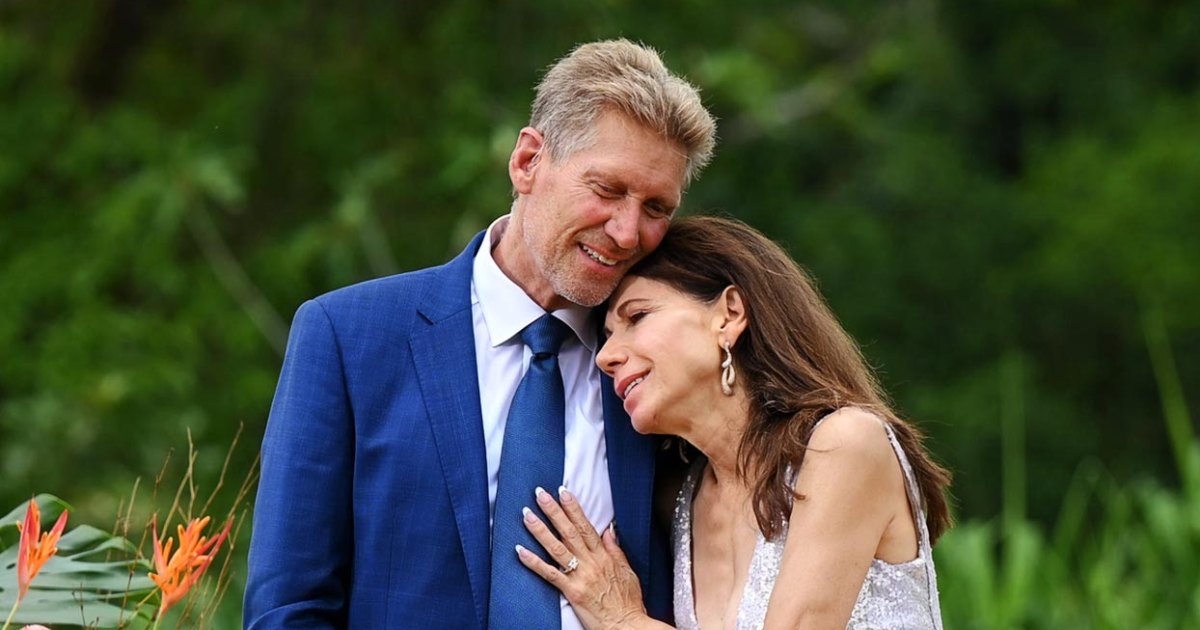
When The Golden Bachelor was first announced, it sounded like a niche experiment: a spin-off of a long-running reality franchise, but with senior citizens at the center. No bikinis. No influencer aspirations. Just one widower, 22 women aged 60 to 75, and the promise that love could still bloom after decades of life.
No one predicted that it would quietly revolutionize the genre.
But it did.
A Format Reimagined
For over 20 years, the dating reality format has followed a predictable structure—young, conventionally attractive singles compete for one lead, all while traveling to luxurious destinations and engaging in emotionally charged (and often superficial) drama. It’s entertaining, but rarely new.
The Golden Bachelor flipped that formula. There was still the mansion. The roses. The romantic music. But everything felt different. Slower. Gentler. More genuine.
The cast wasn’t seeking social media fame. They were seeking connection. The tension wasn’t about scandal—it was about second chances, grief, and the courage to risk heartbreak again. Even the silences—so often edited out of younger seasons—were left in, giving weight to every pause and every tear.
It was reality TV with soul. And viewers responded.
A Ratings Surprise—and a Cultural Awakening
ABC had modest expectations for the show. After all, would young viewers tune in for a 72-year-old bachelor? Would older viewers show up for a genre they’d largely abandoned?
The answer: yes, and yes.
The Golden Bachelor became a ratings hit across age groups. On social media, it trended weekly—often for the emotional authenticity of its cast, not manufactured drama. It brought in viewers who hadn’t watched the franchise in years and sparked new discussions about age, love, loneliness, and dignity.
The show’s premiere drew 4.36 million viewers, making it ABC’s most-watched Thursday unscripted debut since 2020. But more importantly, it was watercooler TV again—uniting grandparents, parents, and grandkids in living rooms across America.
The Impact on Reality TV
What The Golden Bachelor proved—beyond any doubt—is that audiences are hungry for more than just youth and beauty. They want substance. They want stories. They want to see people who look like them finding joy, healing, and companionship.
And now, reality television is listening.
Following the success of the show, ABC fast-tracked The Golden Bachelorette, casting fan-favorite Joan Vassos in the lead role. The buzz was immediate. Joan—elegant, articulate, and beloved for her quiet strength—represents the new face of love stories on television: experienced, complex, and richly human.
Other networks have taken note. Rumors have circulated about Netflix and other platforms developing similar formats featuring older singles. Meanwhile, shows like Love on the Spectrum and My Mom, Your Dad are gaining traction for offering alternative love narratives.
Suddenly, “reality” in reality TV is becoming more inclusive.
The Emotional Ripple Effect

Beyond industry impact, The Golden Bachelor touched lives in quieter, deeper ways.
Therapists reported older clients referencing the show in sessions. Widows and widowers wrote letters to ABC thanking them for finally showing their experience on screen. Dating coaches for older adults saw surges in demand. Even senior living communities hosted watch parties.
The message resonated: You are not invisible. You are still capable of falling in love. And your story is far from over.
The cast of The Golden Bachelor—from Faith and Leslie to Theresa and Joan—became more than reality contestants. They became role models for aging boldly, loving bravely, and living without apology.
Not Without Flaws
Of course, the series wasn’t perfect. The controversy surrounding Gerry Turner’s past relationships, and the eventual unraveling of his marriage to Theresa, led to criticism about transparency and storytelling ethics. Some felt the show pushed too hard for a picture-perfect ending rather than allowing the story to unfold organically.
But even with those missteps, The Golden Bachelor succeeded in its mission: to start a conversation. And that conversation continues.
Because at its heart, the show was never about perfection. It was about people—flawed, funny, wounded, wonderful people—who dared to hope that love might still be waiting around the corner.
The Future of Golden Love Stories
As The Golden Bachelorette approaches and the original cast continues to stay active in the public eye, it’s clear that this is not a passing fad. This is a new chapter in how love is portrayed on screen.
The next step? Expanding the diversity of these stories—more people of color, LGBTQ+ leads, and varied socioeconomic backgrounds. The Golden Bachelor opened the door. Now, the genre has a chance to walk through it with intention and care.
Conclusion: A Rose That Kept Blooming
The Golden Bachelor may have started with a single man handing out roses, but it became something much bigger—a cultural moment. A reawakening. A beautifully flawed, deeply moving reminder that love doesn’t have an age limit.
And for millions of viewers, that revelation wasn’t just refreshing.
It was revolutionary.